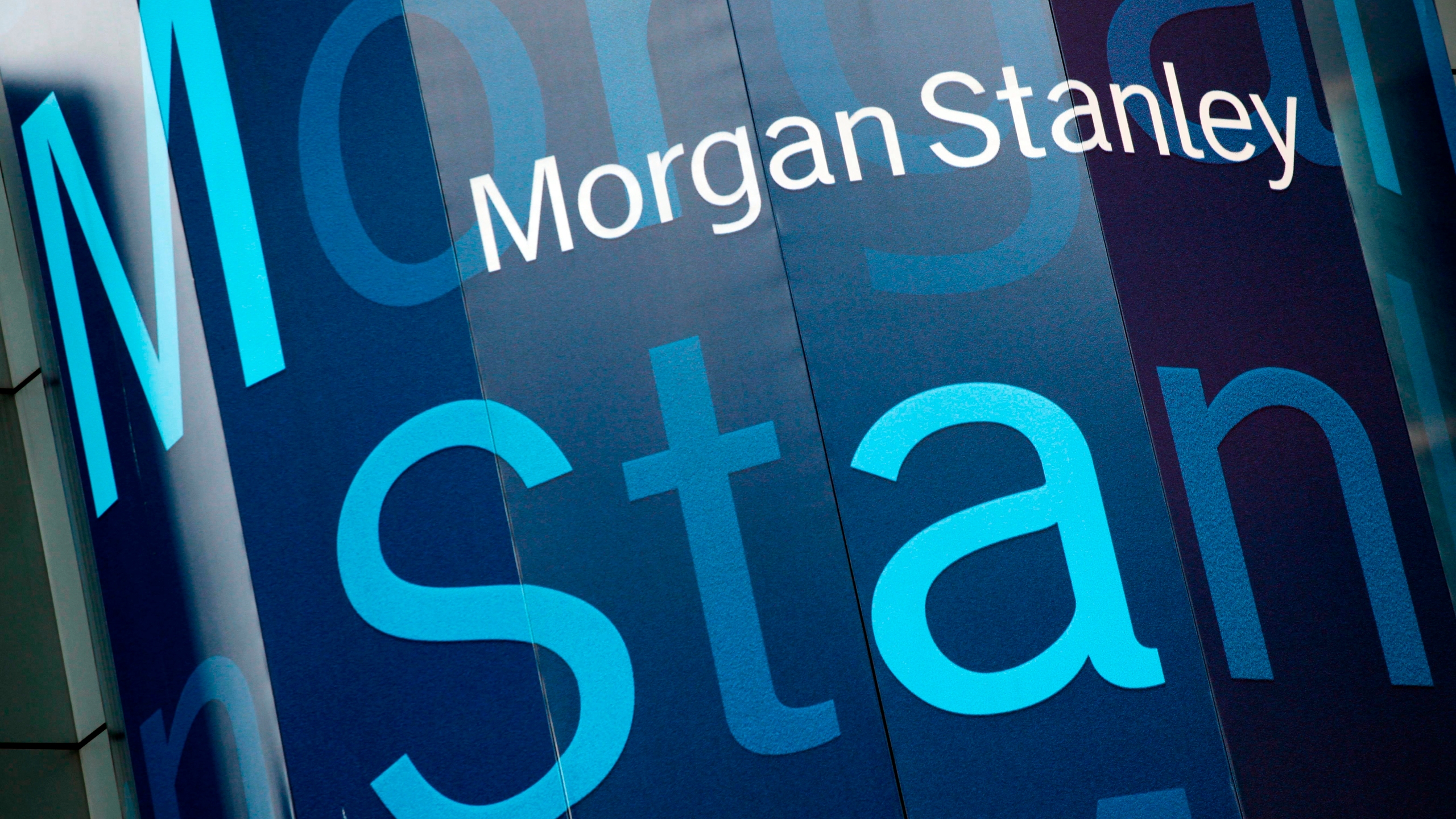U.S. Banking Giant Morgan Stanley Holds $272.1 Million in Bitcoin
18.10.2024 21:00 1 min. read Alexander Zdravkov
Morgan Stanley has revealed a significant investment of $272.1 million in Bitcoin exchange-traded funds (ETFs), reflecting the bank's expanding interest in cryptocurrencies.
This move aligns with a broader trend among major financial institutions incorporating digital assets into their portfolios, as shown in a recent filing with the U.S. Securities and Exchange Commission (SEC).
While the investment constitutes only a small portion of Morgan Stanley’s $1.2 trillion in assets under management, it signals a growing institutional acceptance of Bitcoin. Other financial firms, like Goldman Sachs and DRW Capital, have also reported substantial ETF holdings, indicating increased comfort with digital assets.
Morgan Stanley’s investment in Bitcoin ETFs marks a continued commitment to the cryptocurrency sector, following its earlier acquisition of Grayscale Bitcoin Trust shares. Such institutional investments could significantly impact the Bitcoin market, with even modest allocations potentially driving demand and prices higher.
Recently, Bitcoin’s value rose by 12.2%, reaching $67,771, with the ETF market experiencing record inflows of $555.86 million on October 14. As of October 17, the total net assets of spot Bitcoin ETFs stood at $64.06 billion, suggesting that as more institutions embrace Bitcoin, it may achieve broader mainstream acceptance in finance.
-
1
Elon Musk Unveils His Own ‘America Party,’ Signals Pro-Bitcoin Political Shift
07.07.2025 11:40 2 min. read -
2
Bitcoin Blasts Past $121,000 as Institutions Fuel Rally—Will Altcoins Follow?
14.07.2025 8:15 2 min. read -
3
Bitcoin: What to Expect After Hitting a New All-time High
10.07.2025 14:00 2 min. read -
4
Peter Brandt Issues Cautious Bitcoin Warning Despite Bullish Positioning
10.07.2025 20:00 2 min. read -
5
Vanguard Now Owns 8% of Michael Saylor’s Strategy, Despite Calling BTC ‘Worthless’
15.07.2025 17:09 2 min. read
Global Money Flow Rising: Bitcoin Price Mirrors Every Move
Bitcoin is once again mirroring global liquidity trends—and that could have major implications in the days ahead.
What is The Market Mood Right Now? A Look at Crypto Sentiment And Signals
The crypto market is showing signs of cautious optimism. While prices remain elevated, sentiment indicators and trading activity suggest investors are stepping back to reassess risks rather than diving in further.
What Price Bitcoin Could Reach If ETF Demand Grows, According to Citi
Citigroup analysts say the key to Bitcoin’s future isn’t mining cycles or halving math—it’s ETF inflows.
Is Bitcoin’s Summer Slowdown a Buying Opportunity?
Bitcoin may be entering a typical summer correction phase, according to a July 25 report by crypto financial services firm Matrixport.
-
1
Elon Musk Unveils His Own ‘America Party,’ Signals Pro-Bitcoin Political Shift
07.07.2025 11:40 2 min. read -
2
Bitcoin Blasts Past $121,000 as Institutions Fuel Rally—Will Altcoins Follow?
14.07.2025 8:15 2 min. read -
3
Bitcoin: What to Expect After Hitting a New All-time High
10.07.2025 14:00 2 min. read -
4
Peter Brandt Issues Cautious Bitcoin Warning Despite Bullish Positioning
10.07.2025 20:00 2 min. read -
5
Vanguard Now Owns 8% of Michael Saylor’s Strategy, Despite Calling BTC ‘Worthless’
15.07.2025 17:09 2 min. read


